Emergency Provisions in India
Article 352 > Proclamation of Emergency
|
National Emergency |
|
| External > War or external aggression | Internal > By armed rebellions |
- President can issue a proclamation of emergency only when decision of cabinet is conveyed to him in writing.
- Proclamation is subjected to judicial review & its constitutionality can be questioned in court of law on grounds of malafidism
- Has been issued only 3 times till now > (1962 & 1971 > External; 1975 > Internal)
- Every proclamation made under article 352 (except a proclamation revoking previous proclamation) should be laid before each house of the parliament & must be approved by them within one month after proclamation is made, by majority of total membership of the house & by a majority of not less than 2/3rd of members of the house present & voting.
- If parliament fails to approve such proclamation, then it ceases to be in operation on expiry of 1 month after proclamation is made.
- If parliament approves such proclamation, then it will be in force for 6 months from the date on which it was approved by parliament, unless revoke earlier
- It can be approved by parliament any no. of times but not beyond 6 months at a time
- If LS stands dissolved before giving approval to proclamation, then RS needs to approve it within 1 month & thereafter should be ratified by LS within 1 month after reconstitution.
- If LS disapproves a proclamation to its continuance, President shall revoke the emergency.
- If not less than 1/10th of the members of LS issues a notice with intension of disapproving an emergency to the President, when LS is not in session or to Speaker, if it is in session, then a special sitting of LS shall be held within 14 days for the purpose of considering such a resolution.
- FRs under article 19 will be suspended automatically only in case of external emergency.
- Parliament is empowered to extend by law, life of LS beyond 5 years for a period of not extending 1 year at a time, but in any case, not exceeding 6 months after the proclamation of emergency has ceased to be in operation (Same case with state legislative assemblies)
Also read: Local Government System in India and Center State Relations
Article 356 > Failure of constitutional machinery in state (Presidential rule)
- Must be passed by each house of the parliament by simple majority or cease to operate at expiry of 2 months (Subjected to judicial Review)
- Approved for 6 months from the date of approval & can be further extended for a period of 6 months.
- However, it can be extended beyond 1 year period but in any case, not beyond 3 years from the date of issue of proclamation, if:
- A proclamation of national emergency is in operation in that state or in whole India
- EC certifies that it is necessary on account of difficulties to hold general elections to state legislature
Article 360 > Financial Emergency
- A proclamation of financial emergency will remain in force for 2 months, unless before expiry of that period, it is approved by both the houses of parliament by simple majority
- Once approved, it will be in force till it is revoked by the President (None Issued so far)
If you’re passionate about building a successful blogging website, check out this helpful guide at Coding Tag – How to Start a Successful Blog. It offers practical steps and expert tips to kickstart your blogging journey!
For dedicated UPSC exam preparation, we highly recommend visiting www.iasmania.com. It offers well-structured resources, current affairs, and subject-wise notes tailored specifically for aspirants. Start your journey today!
Please share your thoughts and comments about Emergency Provisions in India.
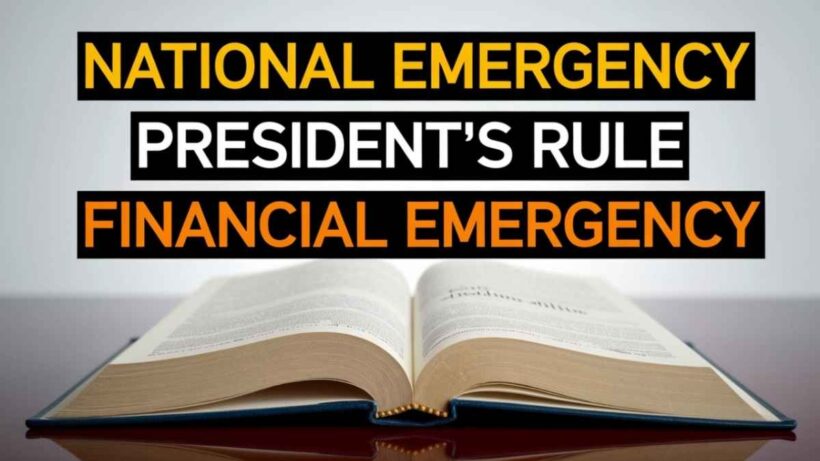
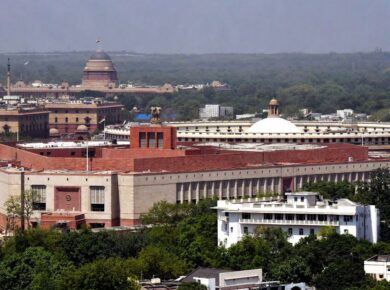

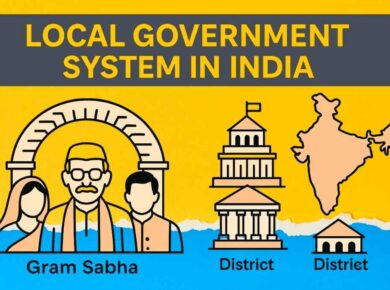


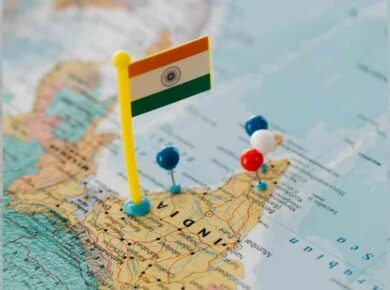

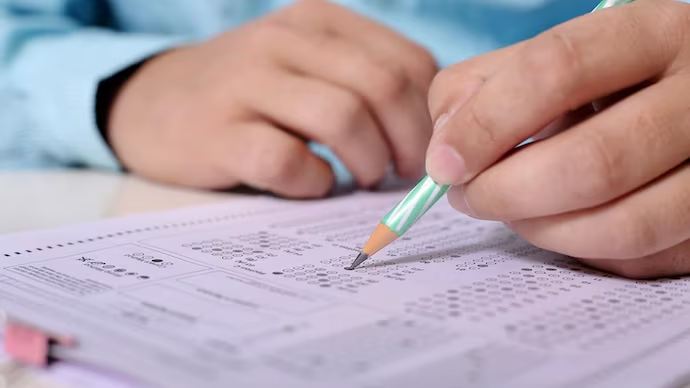

1 comment
Choosing Sides…What are the Consequences?